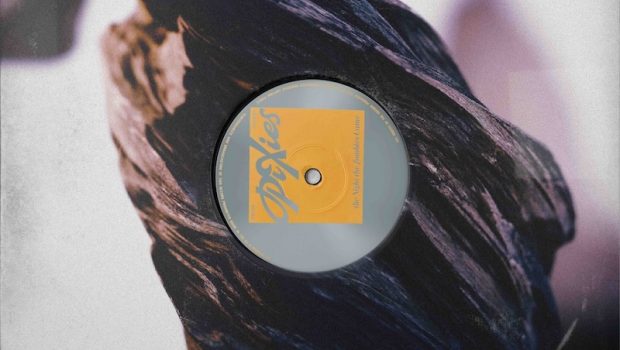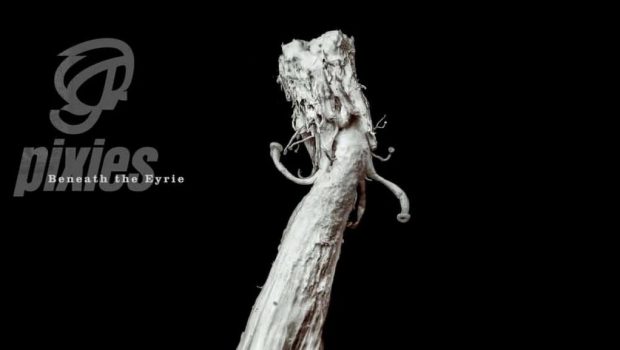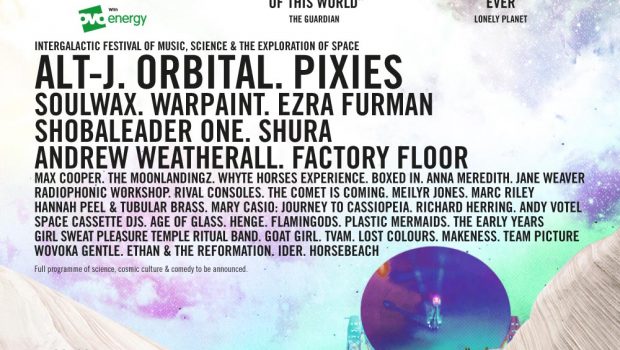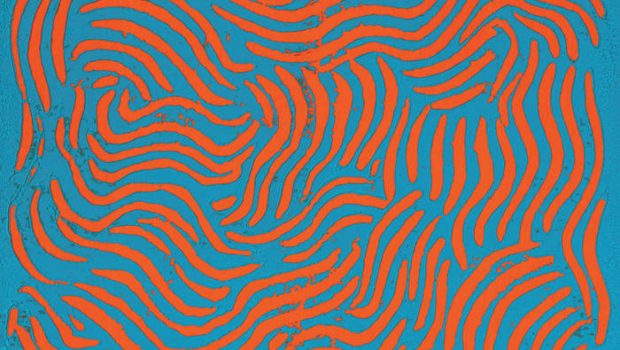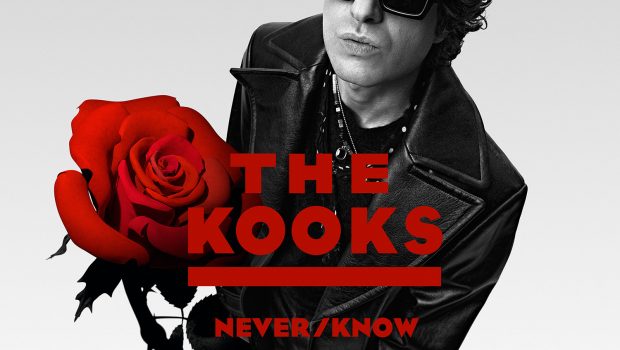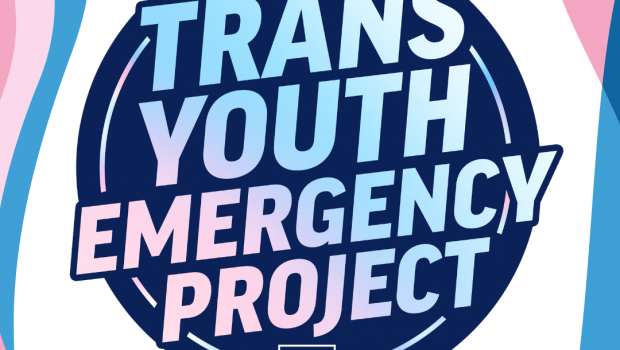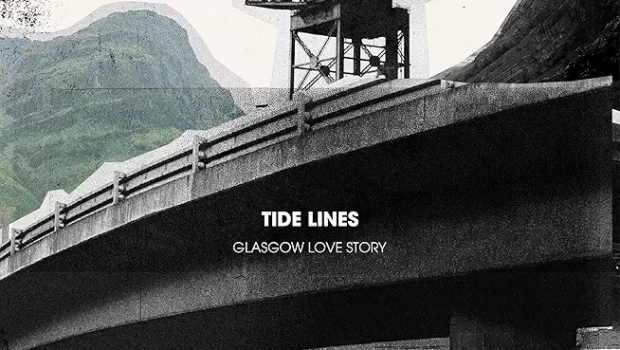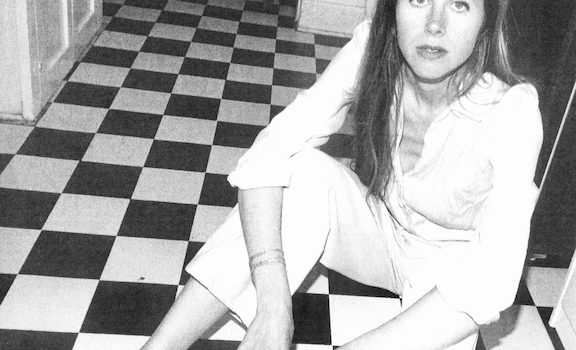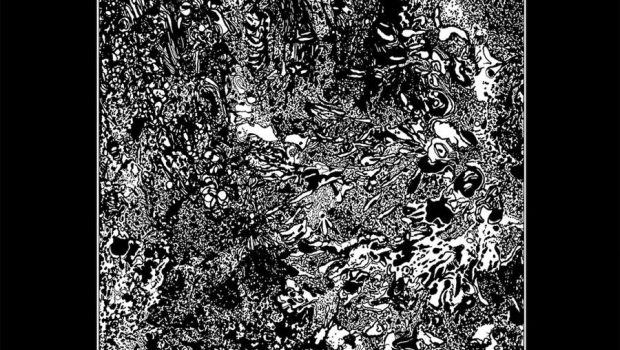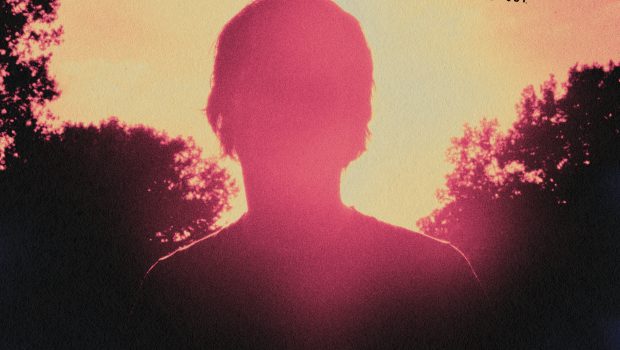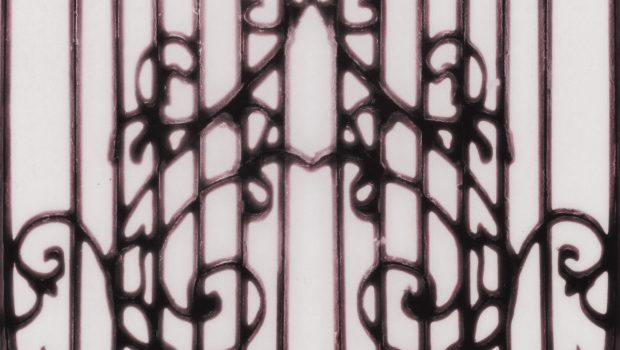ALBUM REVIEW – PIXIES: PIXIES AT THE BBC, 1988-91
Posted by Andrew Neal on Friday, March 8, 2024
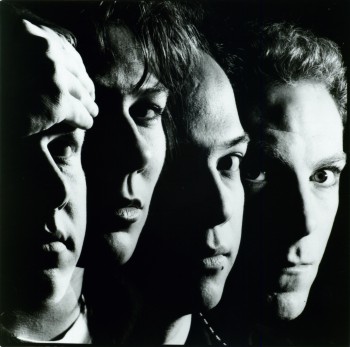
Pixies: Black Francis, Kim Deal, Joey Santiago, David Lovering
Pixies influence on music is undeniable. They played a major role in developing the loud/quiet template, with the emphasis on the noisy part, that the likes of Nirvana went on to exploit commercially. On a personal level, they were my sound of 1988 and their music is entwined forever with memories of emotionally turbo-charged gigs that year and the adventures of travelling the country including hitching a lift from a member of Fairport Convention, fruitless attempts at sleeping on London Victoria train station being disturbing by people rustling for loose change in pay phones, and watching on in awe as a friend interviewed Black Francis for her fanzine.
As I am usually more interested in new releases than bathing in nostalgia, the release of a compilation of six BBC sessions (five for John Peel and one for Mark Goodier) offers an opportunity to revisit 22 songs (two of which are duplicated) and explore whether the late 50s version of me precariously attempting to navigate sniper’s alley can understand and replicate the obsession they brought to the energetic early 20s me.
From the opening blast of ‘Levitate Me,’ any doubts about whether they still sound essential are assuaged. They are the foremost example of music’s capacity to articulate the inexplicable. Black Francis’ voice was so raw, a visceral scream with melodic fragility. Amongst their earlier material ‘Hey’ was their most conventional bearing a resemblance to early 70s Rolling Stones, especially in Joey Santiago’s guitar work. The inclusion of tracks that did not appear as singles or on albums is an intriguing bonus, notably ‘In Heaven (Lady in the Radiator Song)’ reflecting their surreal lyrics and debt to David Lynch’s films. This first session has more of a big studio sound than the album recordings, ‘Caribou’ sounding huge with Santiago’s guitar shredding imperious.
The second session, from October 1988, is prime Pixies, incredibly concise with only ‘Manta Ray’ creeping past the two-minute mark. ‘Tame’ is both immense and absurd with Black Francis screaming the title and the heavy breathing between him and Kim Deal, sounding like a psychotic Serge Gainsbourg and Jane Birkin. Being of the pre-shuffle generation, I expect its abrupt ending to run into ‘Wave of Mutilation’ rather than the exhilarating rush of ‘There Goes My Gun’. The separation quality on this session stands out, emphasising the importance of Deal’s bass.
The third session from April 1989 sees them refining their sound, reflecting the impossibility of screaming every night on constant tours. The lengthiest track on the album at just over four minutes, ‘Into the White’ sees Deal taking a rare vocal lead while the session version of ‘Wave of Mutilation’ is much more laidback with a Spanish guitar lilt. At the time, I felt disappointed that it lacked the intensity of the album version but 35 years later, it suggests an added layer of regret.
By June 1990, they had recorded their fourth session. ‘Alison’ had a great swagger to it and is indicative of how Deal’s distinctive bass chug was such a key component. Compared to the single version, ‘Velouria’ is reduced to guitar and vocals, together with its cheesy rhyming couplet of the title with “I adore ya”. At this stage, a discernible surf influence was emerged, explicitly referenced through their choice of covering The Beach Boys’ ‘Hang on to your Ego’. However, it was a sign that their judgement could be troubling as it loses the beauty of the original without adding any compensatory qualities.
Two months later, they were back for Mark Goodier’s Evening Session which I suspect I am not the only person who had forgotten was ever a thing. It is their most commercial session featuring revisits to ‘Alison’ and ‘Wave of Mutilation’, plus a rendering of ‘Monkey Gone To Heaven’ with added deliberate bass bounce. ‘Ana’, though, proves to be one of the revelations of the entire album. It seemed a minor moment on the disappointing ‘Bossanova’ album yet now is revealed as a relaxed gem of intricate guitar and understated vocals.
The final session from June 1991 was timed to coincide with the release of ‘Trompe Le Monde’ and saw them developing a sci-fi surf sound. While ‘Palace of the Brine’ is impressively mammoth and ‘Motorway to Roswell’ shows that any moment that Deal added backing vocals is to be treasured, much of their magic had diminished.
While the band subsequently reformed, it served mainly to tarnish their reputation, especially once Deal was no longer part of the band. It feels impossible to believe that some of the new material, particularly the landfill ‘Indie Cindy’, could be made by the same band that revolutionised guitar music.
It is hard to imagine that this release is aimed at anyone other than Pixies completists. It does not qualify as a traditional Best of release as traditional favourites like ‘Debaser’, ‘Bone Machine’ and Gigantic’ are excluded. However, it does sound great and if they gain any new disciples from it, I would instantly urge them to go out and buy the first three albums: ‘Come On Pilgrim’, ‘Surfer Rosa’ and ‘Doolittle’.
Pixies: Pixies at the BBC, 1988-91 – Out 8th March 2024 (4AD)
(Peel Session) (youtube.com)
I was editor of the long-running fanzine, Plane Truth, and have subsequently written for a number of publications. While the zine was known for championing the most angular independent sounds, performing in recent years with a community samba percussion band helped to broaden my tastes so that in 2021 I am far more likely to be celebrating an eclectic mix of sounds and enthusing about Made Kuti, Anthony Joseph, Little Simz and the Soul Jazz Cuban compilations as well as Pom Poko and Richard Dawson.

